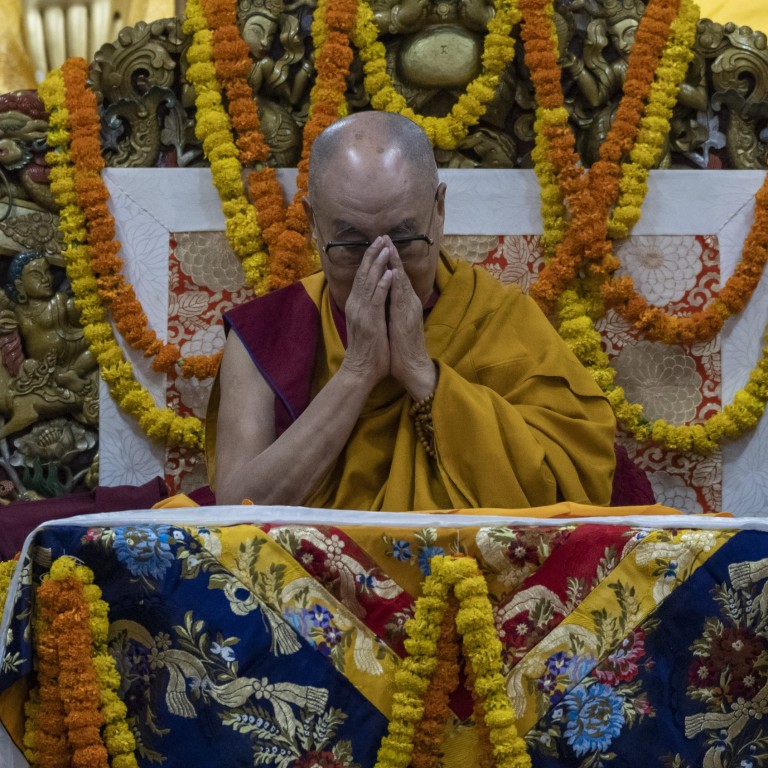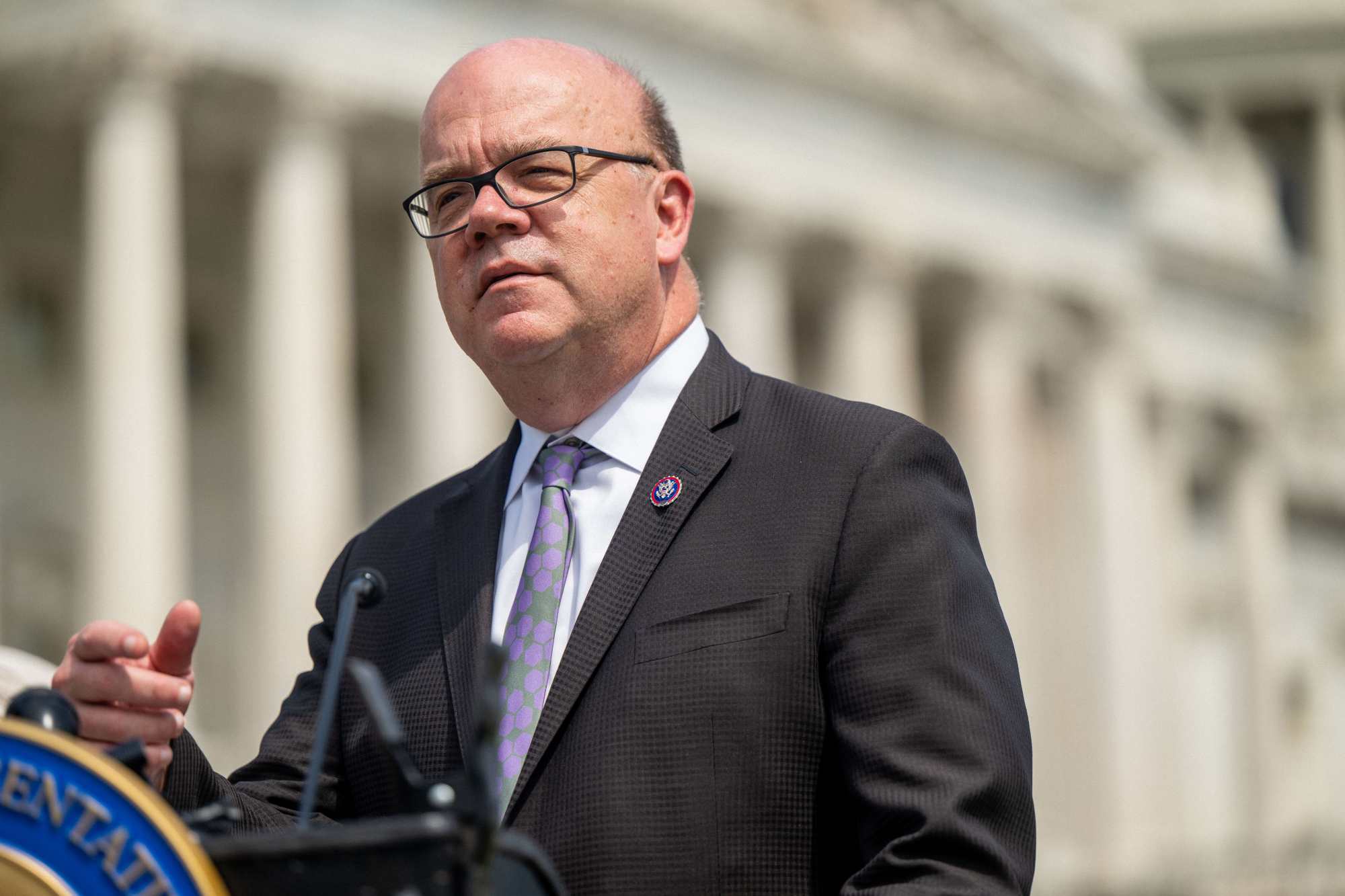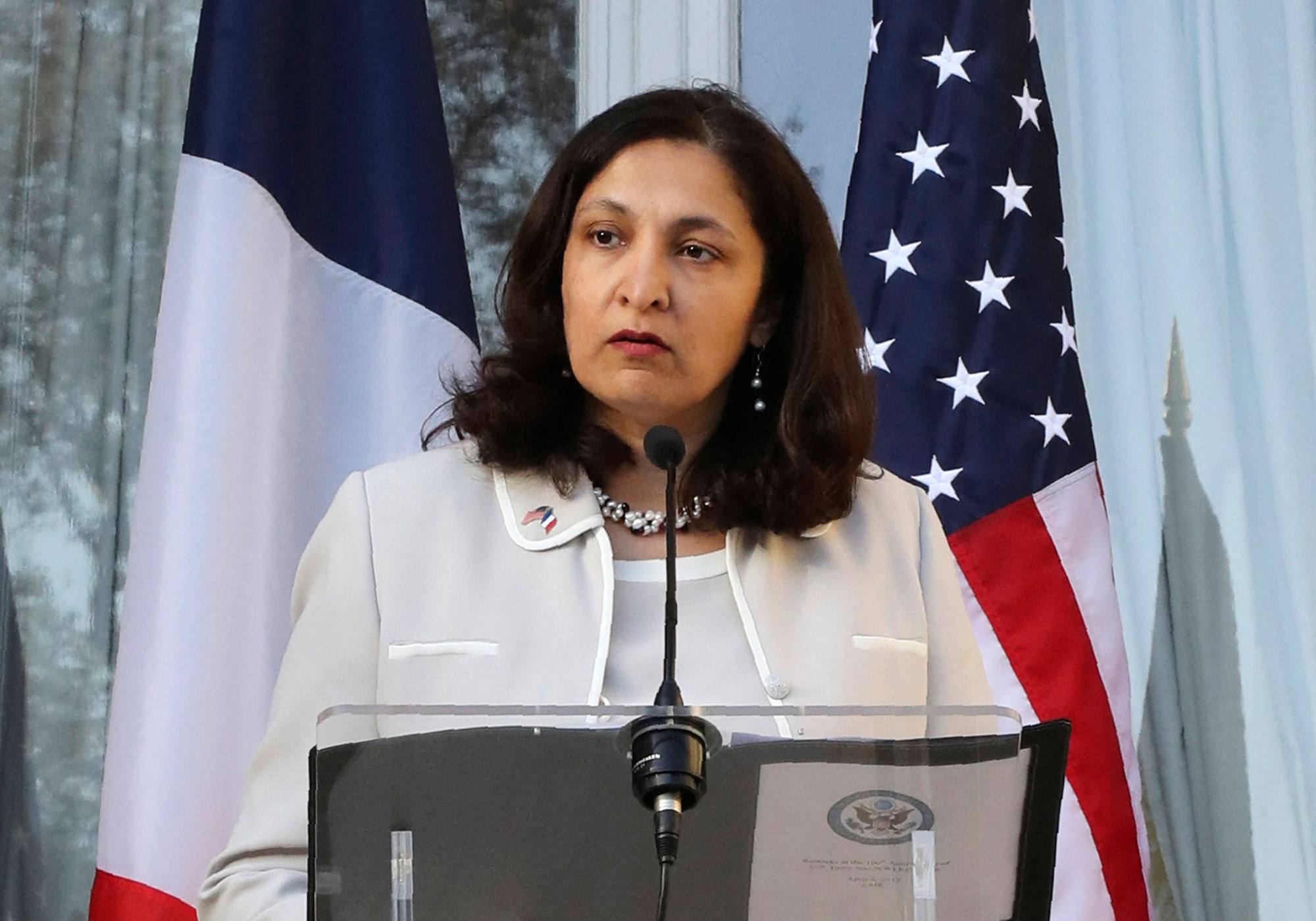
US House bill aims to press China to restart Tibet talks with Dalai Lama
- The bipartisan legislation would make it official US policy that Tibetans have the right to ‘self-determination’
- The measure rejects as ‘historically false’ the Chinese claims that Tibet has belonged to China since ancient times
A bipartisan bill introduced by US lawmakers on Wednesday would make it official government policy that Tibetans have the right to “self-determination” and that the dispute over Tibet’s status remains “unresolved”.
In the latest effort by Congress to challenge the Chinese government on its human rights record, the bill’s backers hope that the hardening of language around Washington’s position on Tibet could pressure Beijing into resuming long-stalled negotiations with the Dalai Lama, the region’s exiled spiritual leader.
Representative Jim McGovern, Democrat of Massachusetts and one of the bill’s authors, said past appeals by the US for negotiations between Beijing and the Dalai Lama “without preconditions” had failed.
“The Chinese continue to turn their backs on the Dalai Lama,” said McGovern, who introduced the bill with Representative Michael McCaul, Republican of Texas. “Our bipartisan legislation seeks to strengthen US policy by grounding it in international law and countering Chinese disinformation, with the aim of getting the two sides to negotiate a durable solution.”

The bill rejects as “historically false” China’s claims that Tibet has belonged to China since ancient times, and directs the State Department to bolster efforts to challenge the Chinese government’s messaging about the region.
Beijing contends that Tibet has remained under central Chinese rule for more than 700 years, despite extended periods in which Tibetan campaigners argue that the region was effectively self-governed. The US government has never taken the position that the Chinese Communist Party’s occupation of the region in the 1950s abided by international law, the bill noted.
The legislation would also make it official US policy that “Tibet” refers to not only the Tibet autonomous region as defined by the Chinese government, but also the Tibetan areas of Qinghai, Sichuan, Gansu and Yunnan provinces.
Last month, House Speaker Nancy Pelosi highlighted the bill’s imminent introduction, suggesting that the legislation would enjoy her powerful backing.
The latest effort underscores how a bitterly divided US Congress has found common ground in scrutinising alleged human rights abuses by the Chinese government, particularly in Hong Kong, the Xinjiang Uygur autonomous region and Tibet.
“Proudly, the United States remains fully committed to honouring the hopes and dreams of the Tibetan people [and] helping advance a future of freedom, peace and self-determination,” Pelosi said at the World Parliamentarians’ Convention on Tibet in Washington on June 22.
Asked about the new legislation, Liu Pengyu, a spokesman for the Chinese embassy in Washington, said the bill “misrepresents history and distorts facts” and called on the US to stop “meddling in China’s internal affairs”.
China promotes its most sanctioned official to Tibetan party chief
Chinese officials engaged in several rounds of talks with the Dalai Lama’s representatives in the early 2000s, but dialogue ground to a halt in 2010. Beijing said in November that it remained open to negotiations with the Dalai Lama about his “personal future” but not the issue of Tibet itself.
China considers the Dalai Lama a “separatist”, despite his advocacy for a “middle way” that would see Tibet remain under Chinese rule in exchange for guarantees around protections of Tibetans’ cultural and religious identities.
“Politically we are not seeking independence for Tibet,” the Dalai Lama said in a video address to last week’s parliamentarian gathering in Washington.
Among the bill’s provisions is a directive that the State Department’s top Tibetan affairs official deepen efforts to counter what it calls “disinformation” by Beijing about the Dalai Lama, as well as the history of Tibet and the Tibetan people.

The bill was welcomed by Tibetan activists in the US who have been pushing for a stronger US response to China’s actions in the region.
“With this legislation, the United States can proactively encourage China to address its unresolved issue of Tibet, which is possible through a negotiated solution with the Dalai Lama and the elected Tibetan leadership in Dharamsala,” said Bhuchung Tsering, interim president of the Washington-based International Campaign for Tibet.
Biden has expressed sympathy for the Tibetan cause, raising concerns with President Xi Jinping about China’s actions in Tibet and appointing a high-ranking State Department official to serve as special coordinator for Tibetan issues.

